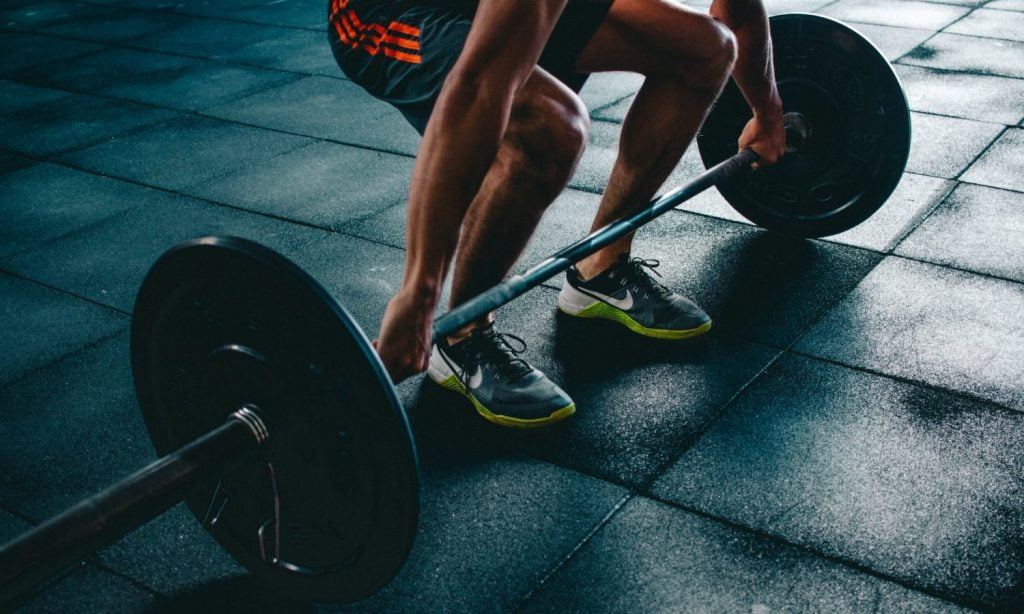By Nina Zdinjak
Many athletes and running enthusiasts insist that once you start running, really running, you can’t stop — you get hooked! The same can be said for many other forms of physical exercise.
Indeed, science tells us that exercising produces chemicals called endorphins, which are often referred to as “feel-good” chemicals because they can act as a pain reliever and can trigger a euphoric feeling, or as many call it, a “runner’s high.”
Now, a new study adds scientific facts to that phrase, reports Miami Herald.
According to research published Nov. 17 in the journal Gut Microbes, exercise loads up anti-inflammatory and “cannabis-like” molecules by changing bacteria in your gut. Researchers call them “cannabis-like substances” because they act similar to cannabinoids produced by the cannabis plant. On the other hand, endocannabinoids, known to minimize inflammation and help with specific health conditions like heart diseases and arthritis, are produced naturally in our bodies.
RELATED: Intensifying Your Runner’s High With Marijuana
“Our study clearly shows that exercise increases the body’s own cannabis-type substances, which can have a positive impact on many conditions,” the study’s first author and research fellow at the University of Nottingham’s School of Medicine in the UK, Dr. Amrita Vijay said in a news release. “As interest in cannabidiol [CBD] oil and other supplements increases, it is important to know that simple lifestyle interventions like exercise can modulate endocannabinoids.”
The Study Details
The research examined 78 participants older than 45 who had painful knee osteoarthritis. Thirty-eight volunteers were assigned specific strength exercises to do every day for six weeks, while the other 40 did nothing. Participants were compared to a group of healthy adults without osteoarthritis.

The collected blood and stool samples showed that the participants who worked out had experienced pain relief and had more specific bacteria in their gut that in turn induced anti-inflammatory substances. They also had higher levels of endocannabinoids, which are accountable for a third of the anti-inflammatory effects found in the gut, according to the researchers.
RELATED: This Is Why Exercise May Improve Memory And Delay Alzheimer’s
The individuals who did not exercise did not experience these positive changes in their bodies.
In addition to the runner’s high, moderate-intensity paced exercise produces numerous benefits that aid sleep, mood and concentration ability.
This article originally appeared on Benzinga and has been reposted with permission.







